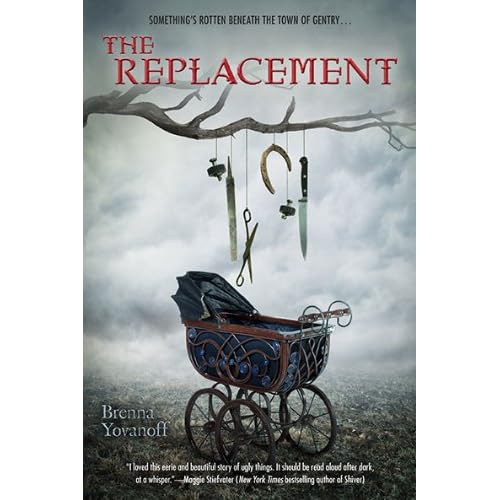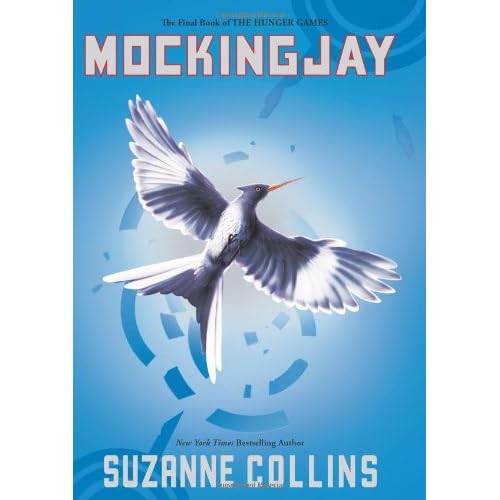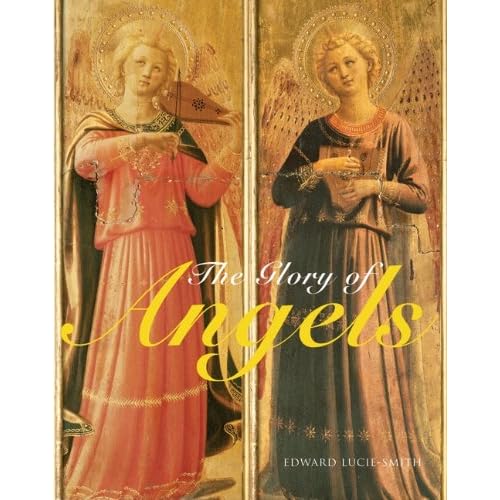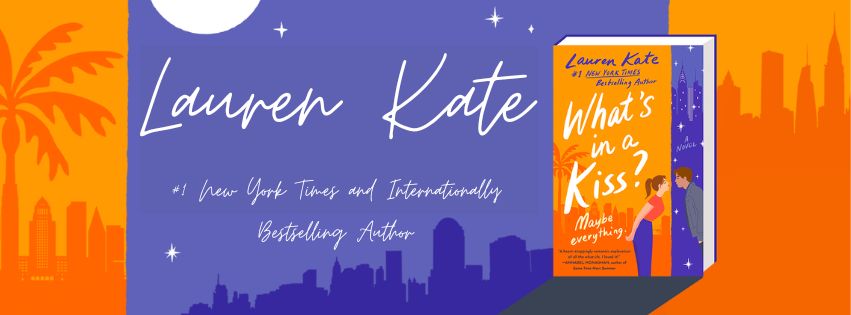A look back at some of last year’s most excellent reads:

10. The Replacement by Brenna Yovanoff: If you’ve encountered me in the past year, you might have heard me rave about this book. I got to read an advanced copy, and as soon as I was finished, I was desperate for the book to publish so I could talk about it with the rest of the world. It’s chilling and lovely and weird and not like any book I’ve read before. I’ll be Brenna’s fan for life.

9. Mockingjay by Suzanne Collins: I’m hesitant to add this book to this list because I’m sure so many of you have already read it, and also because I had such a complicated with reading this book. I fell hard for the Hunger Games, and harder still for Catching Fire. But I struggled with Mockingjay. I had so many questions about the choices that Collins made. I wanted it to be different. By the time I finished the book, I was satisfied with the way the series ended, but frustrated with a big part of the journey in the third book. Mockingjay goes on my list because it was still an important book for me this year and because it made me think a lot about the expectations readers have at the end of a series.

8. The Glory of Angels by Edward Lucie-Smith: this is an art book that explores artistic depictions of angels across history, religious, and cultures. It’s more a coffee table-stunner than a curl-up-and-read kind of thing, but it is so beautiful and such a great reference that I’m throwing it on the list. I bought it last month in the gift shop of the oldest cathedral in Santa Fe and just know I will be pouring over it when I sit down to write Rapture in a few months. If you’re all about angels, you will surely dig this book.




